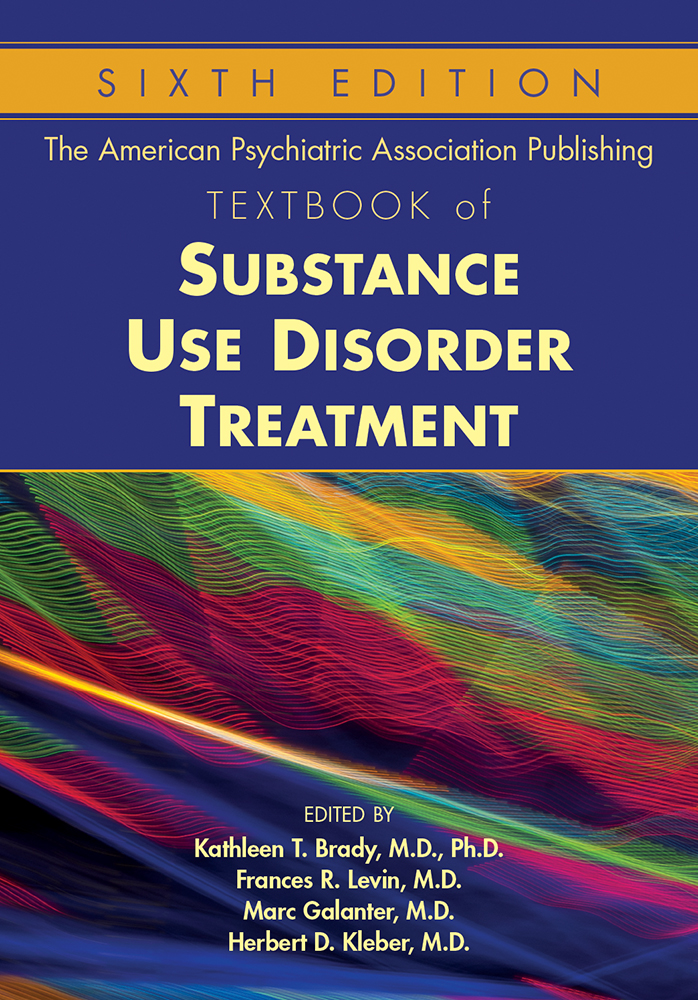Chapter 46.Eating Disorders
Sections
Excerpt
Eating disorders are associated with high mortality rates and often go undetected and unaddressed, particularly when comorbid with other psychiatric disorders, including alcohol use disorder (AUD) and substance use disorders (SUDs). Eating disorders defined in the fifth edition of the Diagnostic and Statistical Manual of Mental Disorders (DSM-5; American Psychiatric Association 2013) include anorexia nervosa (AN), bulimia nervosa (BN), and binge-eating disorder (BED), as well as the two categories other specified feeding or eating disorder (e.g., atypical AN, subthreshold BN and BED, purging disorder, night eating syndrome) and unspecified feeding or eating disorder, which replaced the former eating disorders not otherwise specified category. Table 46–1 summarizes the essential features of the most common DSM-5 eating disorders.
Access content
To read the fulltext, please use one of the options below to sign in or purchase access.- Personal login
- Institutional Login
- Sign in via OpenAthens
- Register for access
-
Please login/register if you wish to pair your device and check access availability.
Not a subscriber?
PsychiatryOnline subscription options offer access to the DSM-5 library, books, journals, CME, and patient resources. This all-in-one virtual library provides psychiatrists and mental health professionals with key resources for diagnosis, treatment, research, and professional development.
Need more help? PsychiatryOnline Customer Service may be reached by emailing [email protected] or by calling 800-368-5777 (in the U.S.) or 703-907-7322 (outside the U.S.).



